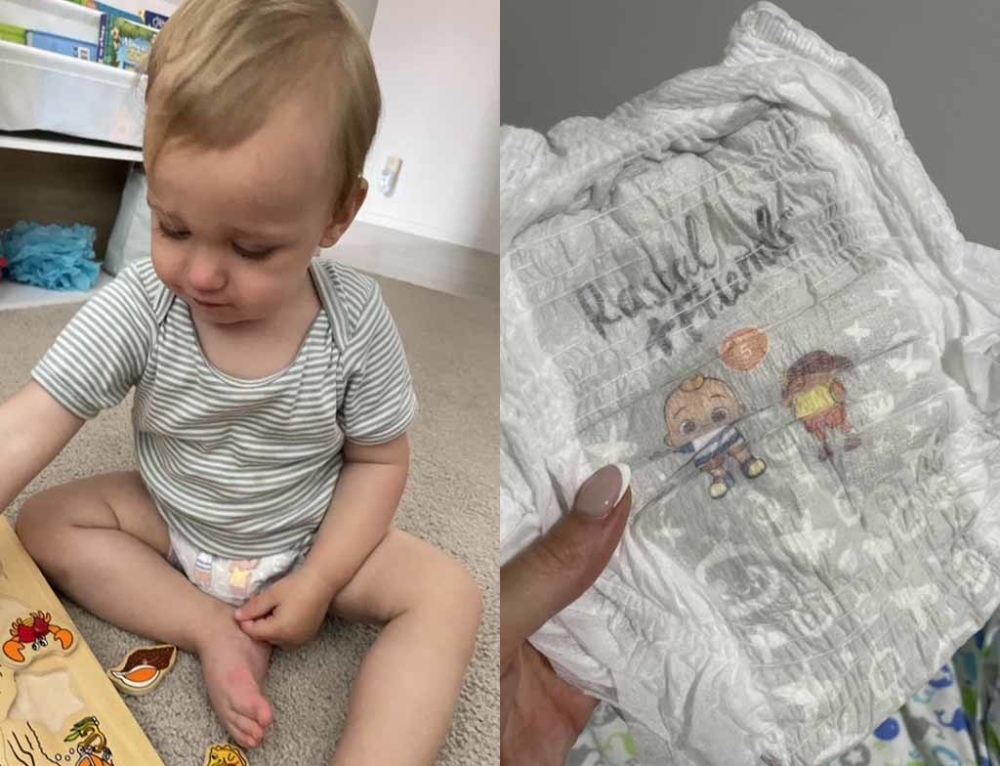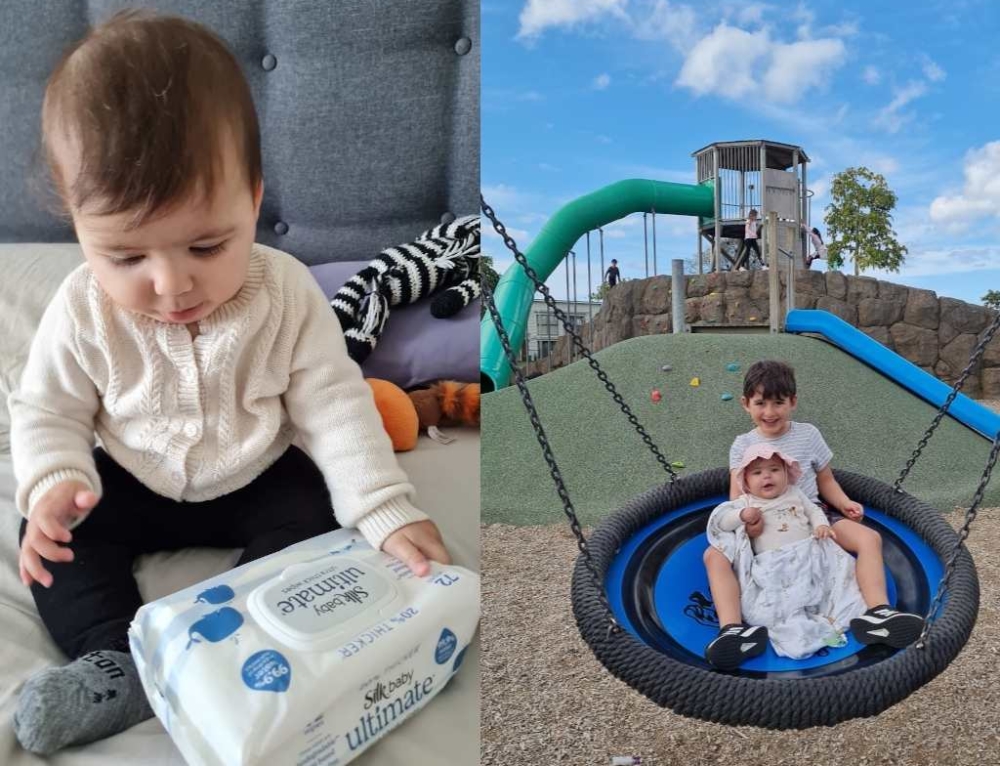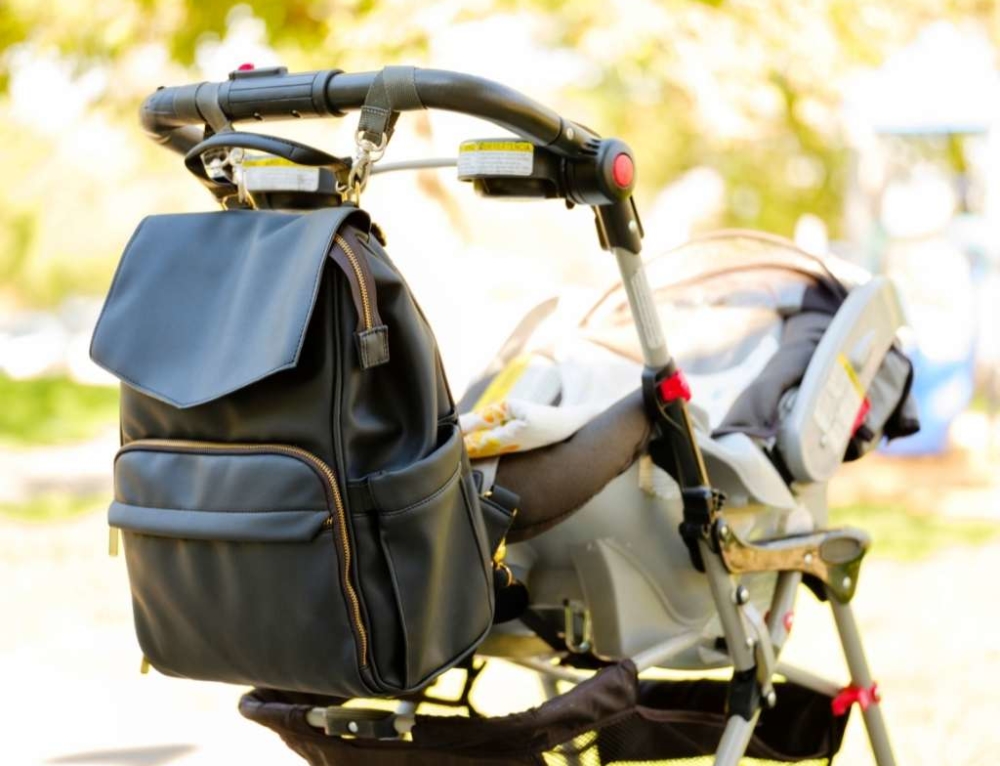If you're trying to get your baby to sleep longer during the night, an important step is to phase out night feeds. From six months of age, babies who are developing well no longer need a night feed, which means you can definitely start considering how to phase out your child's night feeds, if that's what you choose.
Breastfed babies
If your baby's night-time feed is short, less than five minutes, consider stopping the feed altogether and re-settling your baby with the settling techniques of your choice. (It might take baby several nights to get used to the new routine.)
If your baby's feed is typically longer than five minutes, gradually cut down the time spent feeding over 5-7 nights. Here's how:
1. Time the length of your baby's usual night feed.
2. Then cut down on the time your baby spends feeding by 2-5 minutes every second night. For example, if your baby usually feeds for 15 minutes, you would feed for 13 minutes for two nights, then 11 minutes for the next two nights, then nine minutes for the next two nights, and so on.
3. Re-settle your baby after each shortened feed with the settling techniques of your choice.
4. Once your baby is feeding for five minutes or less, stop the feed altogether.
5. If you choose, you can cut down the time faster for example, by five minutes every two nights.
Bottle-fed babies
If your baby is having 60ml of milk or less during a night feed, you can stop the feed altogether and re-settle your baby with the settling techniques of your choice. If your baby's feed is more than 60ml each night, you can gradually cut down on the amount your baby drinks over 5-7 nights. Here's how:
1. Reduce the volume of milk by 20-30ml every second night. For example, if your baby usually drinks 180ml, you would give 150ml for two nights, then 120ml for the next two nights, and so on.
2. Resettle your baby after each smaller feed with the settling techniques of your choice.
3. Once you get down to 60ml or less in the bottle, stop the feed altogether.
You might notice that your baby begins to feed more during the day after you cease the night feed. This improvement in daytime appetite could take another week to settle in.
Remember
Your child may need comforting in other ways on giving up their night feeds. If night feeds were from the breast, dads can be particularly helpful, since your baby doesn't associate them with breastfeeding.
This article was written by Joanna Bounds for Kidspot, New Zealand's parenting resource for babies, toddlers and pre-schoolers. Sources include the Australian Breastfeeding Association and Raising Children Network.







My kids were (and one still is) terrible sleepers, so I would often fall asleep still feeding. We had to go cold turkey, no night feeds, they were old enough to stop and I just said no. It took about 2 nights then they just stopped ‘asking’
I basically did these tips when I was trying to drop the night feed back then. It was a little hard but I had help with my hubby who took him if he was trying to find me.
My children are so different with this. My eldest slept through the night quite early on and my youngest drinks heaps and still wants to drink have a drink of water at night.
Great read to pass onto my sister. I Always found my kids slept well and loved their sleep from 12weeks but before that it was a hard yard. I found soon as bottle fed slept well.
We thankfully did not have to actively try and stop the night feed… we had good sleepers who preferred to sleep more than eat… this is a great idea weaning them off slowly and reducing intake over time… it would go a long way in ensuring a good nights rest for tired parents.
I am literally going through this right now for our almost 11 month old and she is still waking for a night bottle. The problem is she is so so loud and would wake our other children so finding it really difficult to wean her off.
I can’t remember what age my boys were when I dropped the night feed, but I do remember that sometimes after dropping the night feed, that settling techniques didn’t work and the only thing that calmed them was a drink of milk. Every baby is so different, its hard to know what the right thing to do is sometimes.